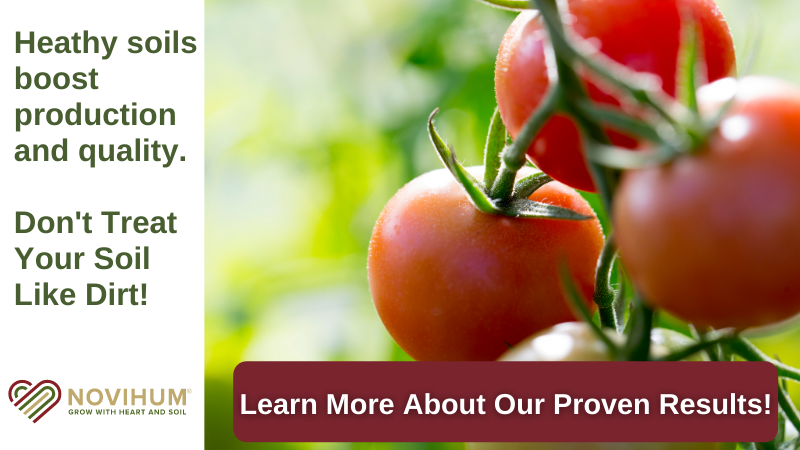Food Safety Training Hits The Road
Presentations given at the Produce Safety Alliance’s (PSA) Good Agricultural Practices (GAPs) Education and Training Materials Conference honed in on fruit and vegetable microbial safety and co-management of on-farm food safety and environmental issues. The purpose of the conference, which was held June 29-30 in Orlando, FL, was to discuss the PSA’s goals and review outreach materials that have been developed and used to assist fruit and vegetable growers with understanding and implementing GAPs on farms and in packinghouses. A recurring food safety theme at the conference was that the expectations and standards should not vary but that the paths to implementation may be different depending on farm practices and farm size.
Presentations were made by growers, Extension educators, industry representatives, and government personnel. The conference was attended by 125 people from 28 states and Spain.
Opening remarks were made by Jeff Farrar, FDA associate commissioner for food protection, and Ann Wright, USDA deputy under secretary for marketing and regulatory programs, setting a positive tone for engagement and discussions. A conference highlight was the Educational Materials Showcase on the evening of the first day where participants were able to review and discuss training materials with those who had written and developed the programs throughout the U.S.
Outline Of Goals
The conference also provided a platform for outlining PSA goals and the progress that has been achieved to date. The PSA was established through a cooperative agreement between USDA, FDA, and Cornell University in October 2010 for the purpose of education and outreach to improve understanding and implementation of GAPs and co-management strategies on fruit and vegetable farms through the development of a standardized training and education program.
The PSA, currently funded for three years, will assist growers and regulatory personnel preparing for and responding to FDA’s requisite produce safety regulation both prior to and after its release. The focus will be on increasing fundamental knowledge of on-farm produce safety issues and importance of preventing contamination as well as improving the ability to assess risks. The target audience for the curriculum is fresh produce growers, packers, and grower cooperatives with special emphasis on small and very small scale farms and packinghouses.
Curriculum Development Process
To begin the curriculum development process, the PSA has established Working Committees (WCs) to identify challenges in the areas of understanding and implementing GAPs on farms. Ten WCs are focused on different areas of GAPs implementation that begin with land selection and progress through postharvest handling and transportation.
All WCs and their topic areas can be found at the PSA website www.producesafetyalliance.cornell.edu. The WCs currently have 128 very engaged participants from 32 states, with farmers representing just more than 10% of the participants. All farmers are invited to participate in this process since they are the target audience and their participation is crucial to the development of a curriculum.
WCs meet by toll-free conference call, so there is no travel required and no cost to participants other than their time. Even in the busiest of growing seasons, this amounts to about one hour every three weeks.
There is still time to join this process since some WCs have not yet started to meet while others have just started the process of identifying challenges in their focus areas. By participating in the WCs, farmers can share their knowledge about implementing food safety practices to help ensure the curriculum addresses their needs and provides guidance on how to address their challenges.
For more information on the WCs, please visit www.producesafetyalliance.cornell.edu or contact Gretchen Wall at [email protected].








